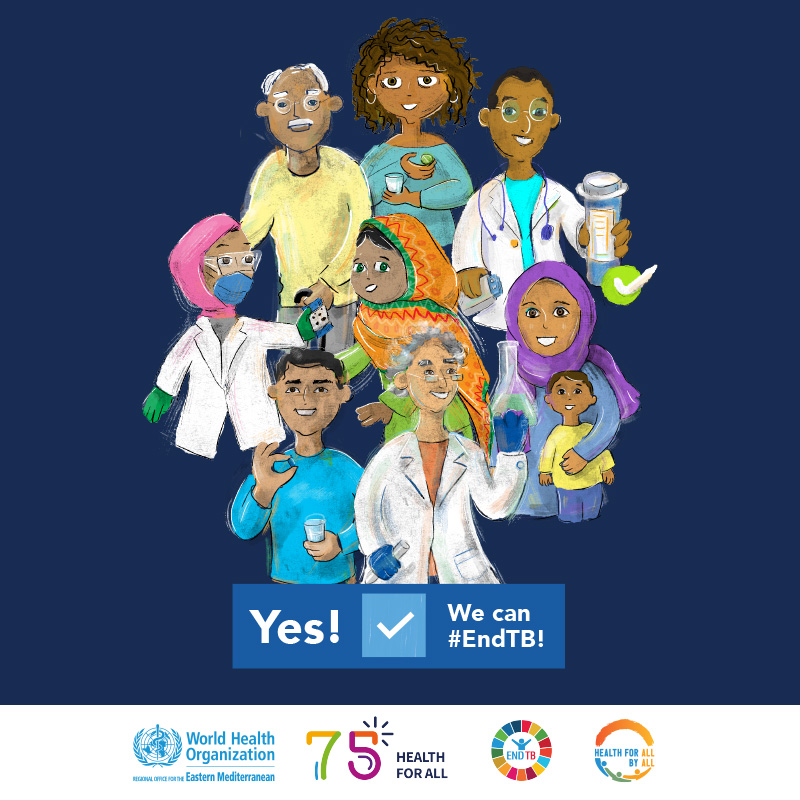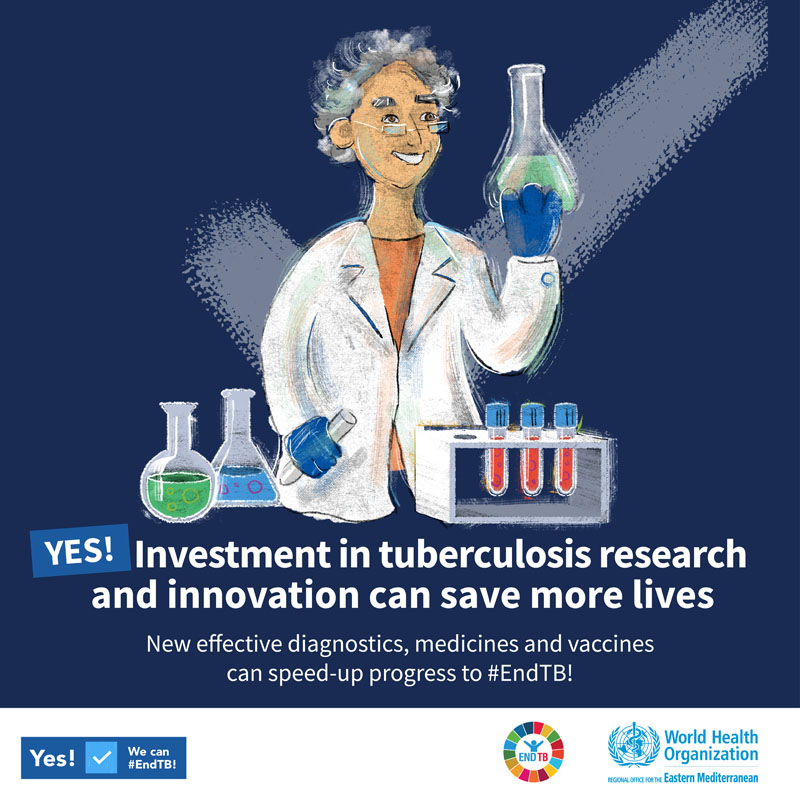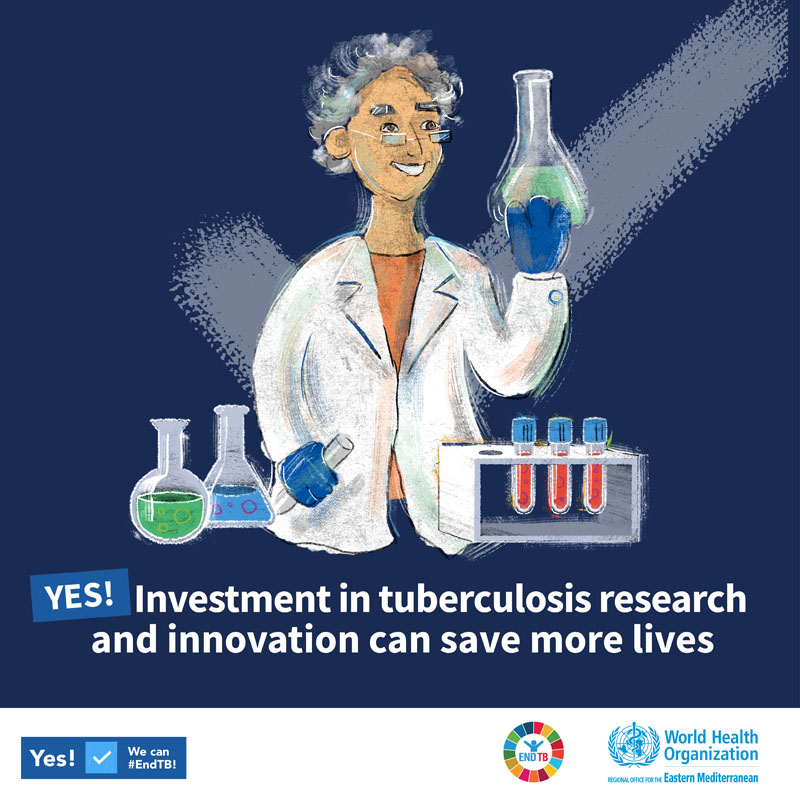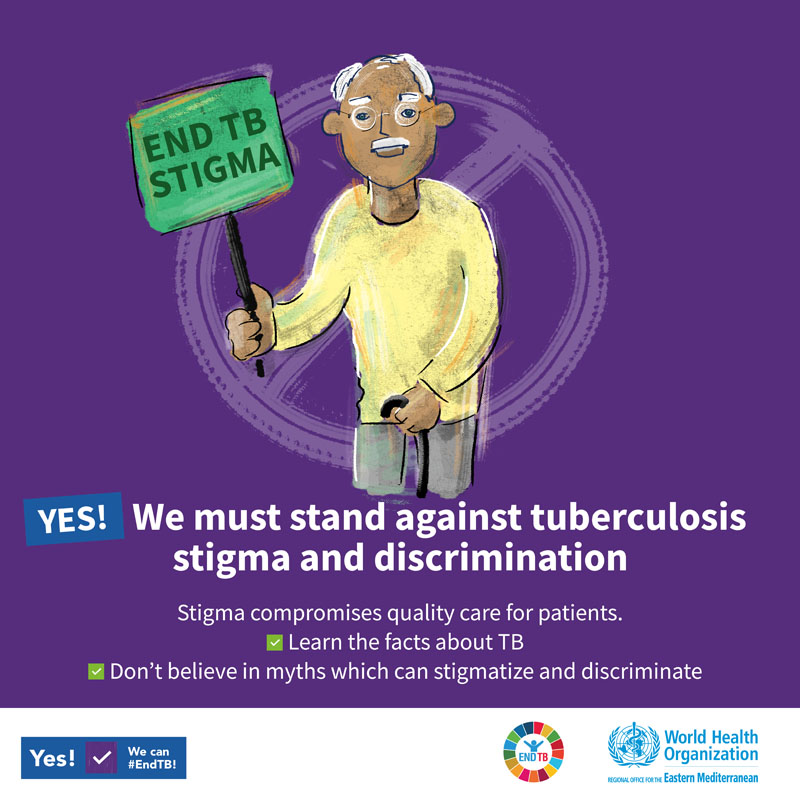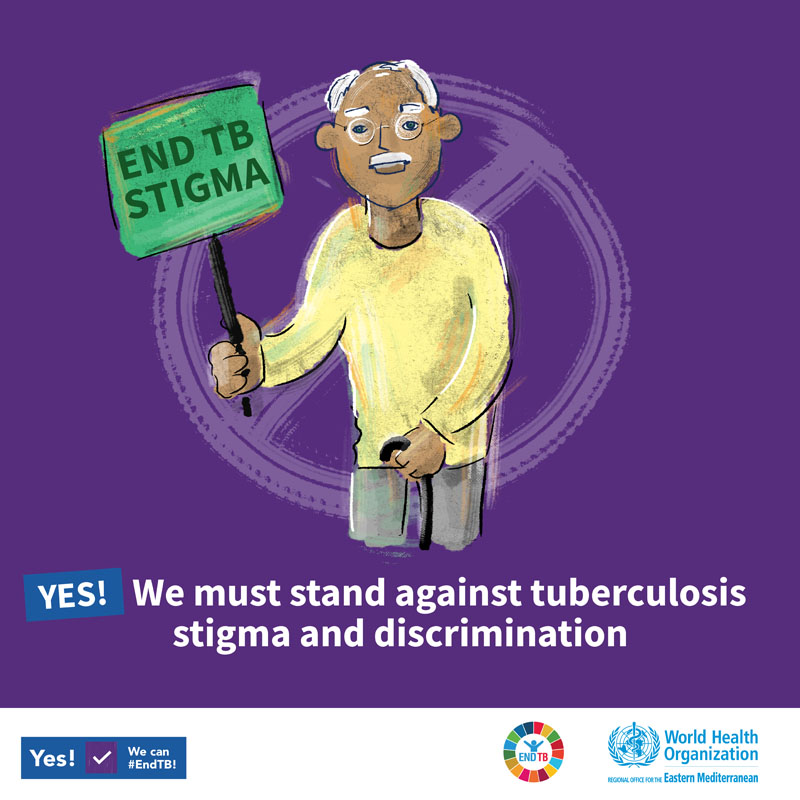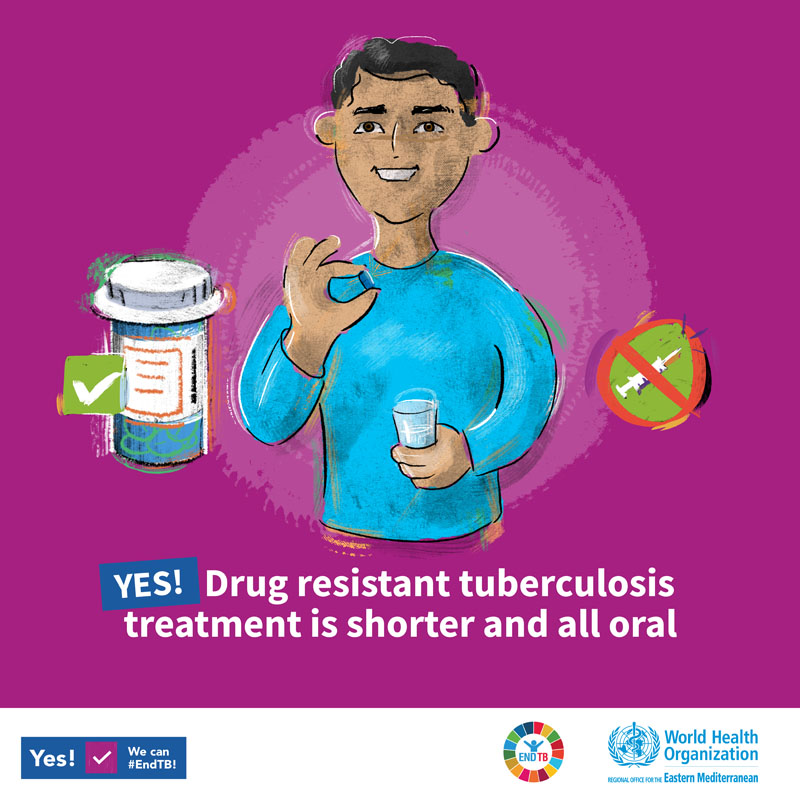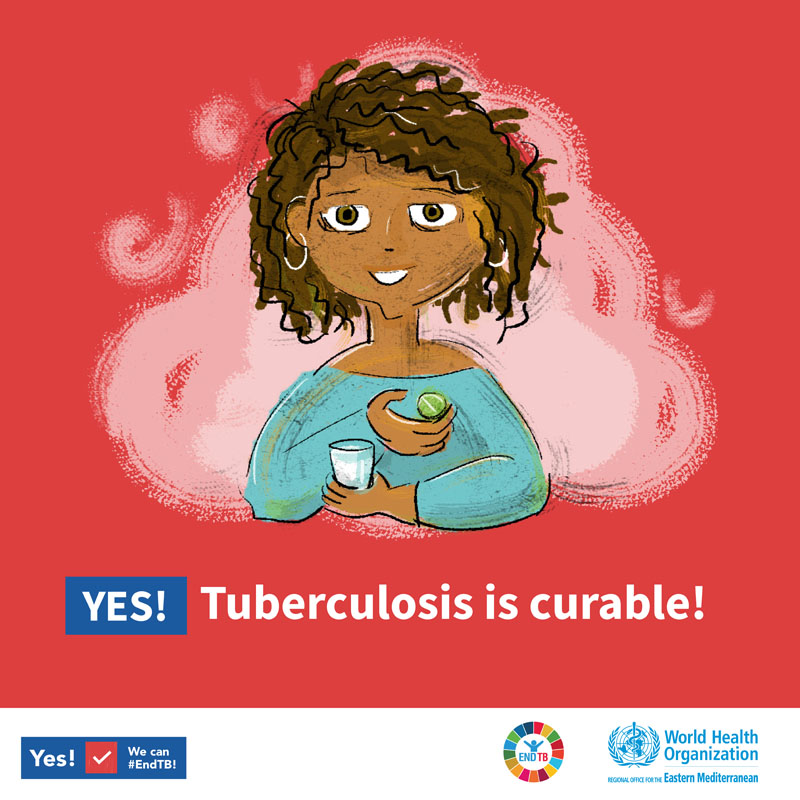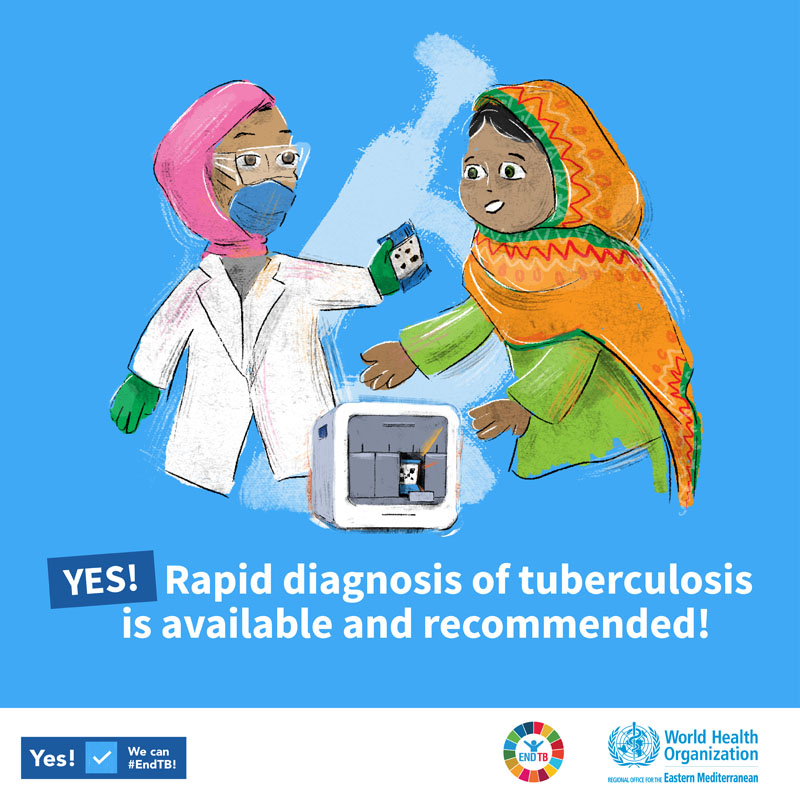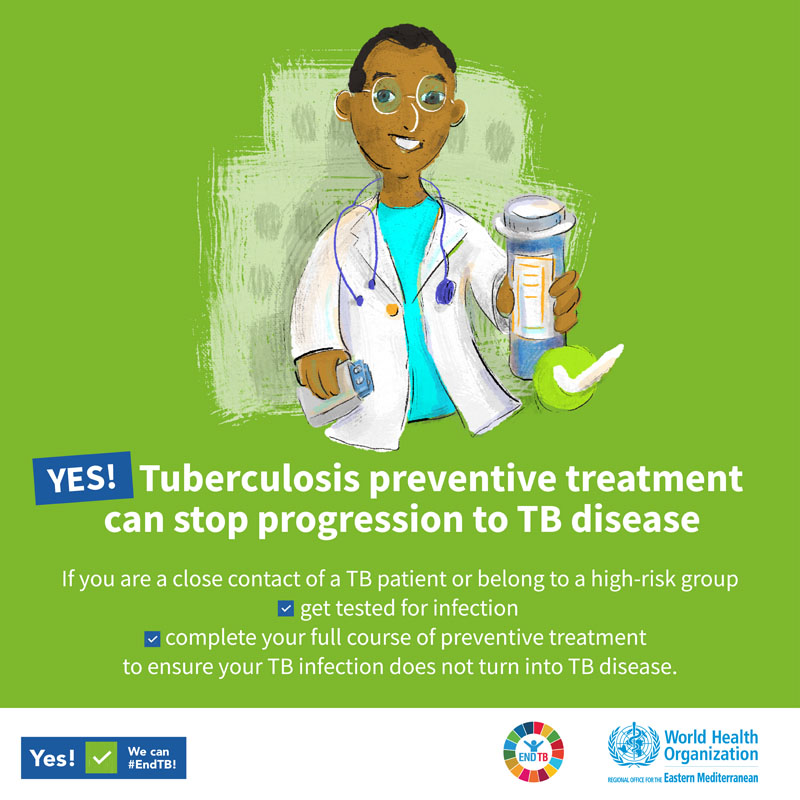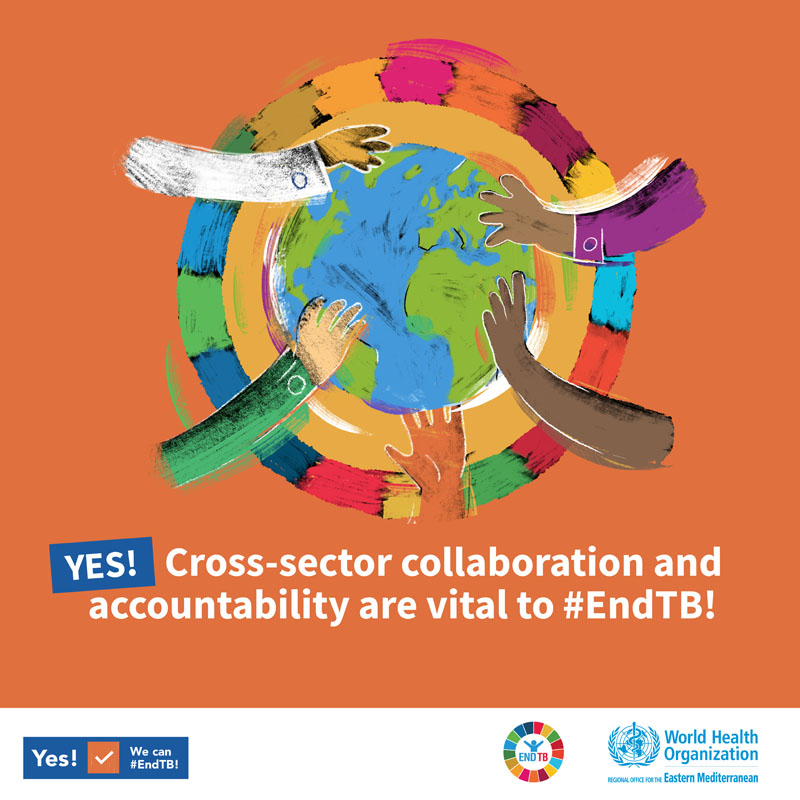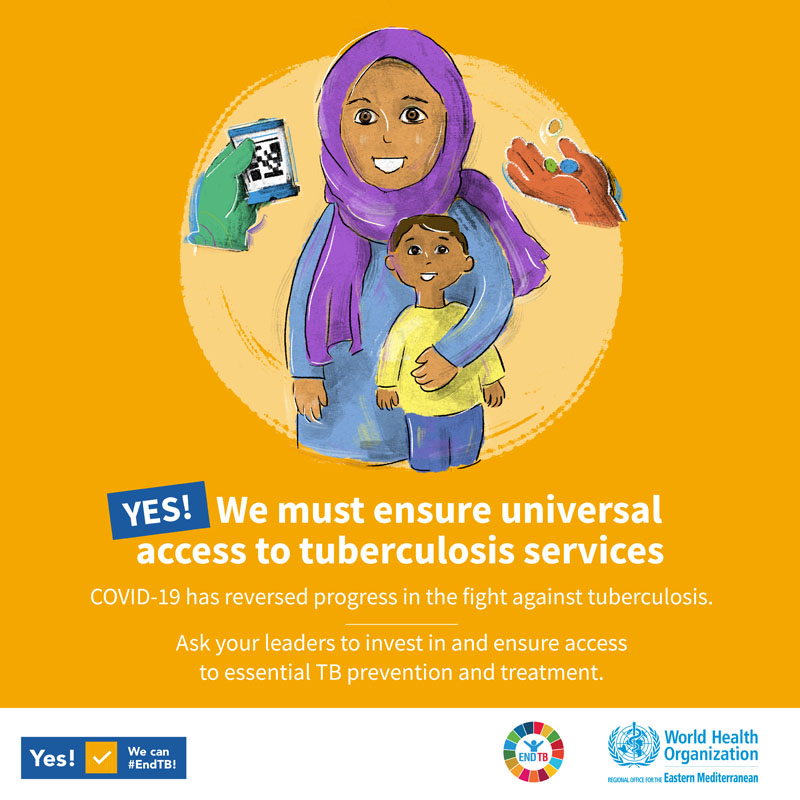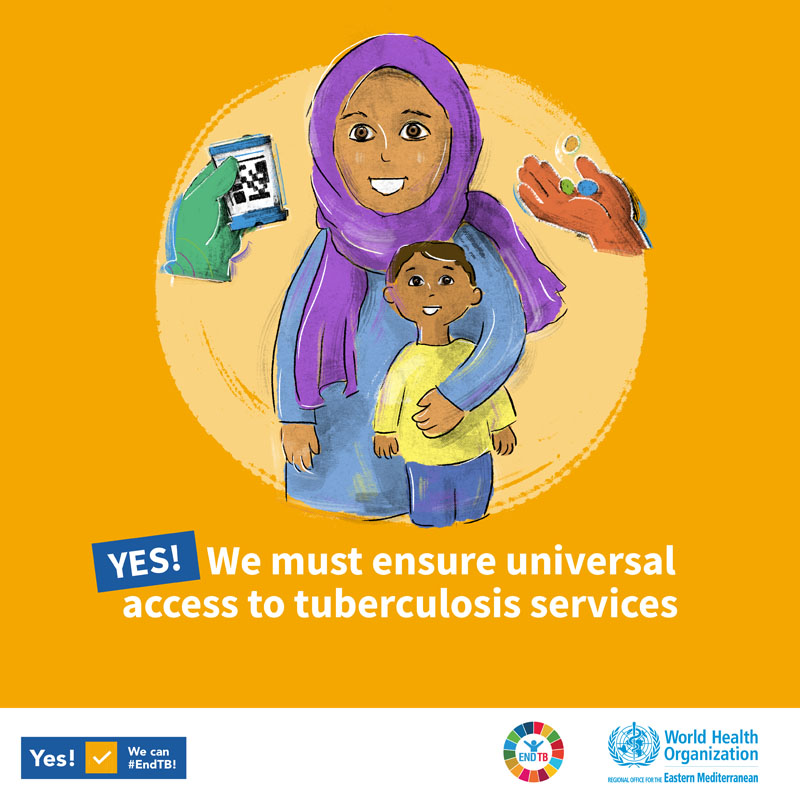World TB Day 2023
World TB Day 2023

World Tuberculosis Day, held every year on 24 March, aims to raise public awareness about the devastating health, social and economic consequences of TB and to step up efforts to end the global TB epidemic.
In order to combat the TB epidemic, this year's theme, "Yes! We can end TB" aims to inspire hope and promote high-level leadership, increased funding, quicker adoption of new WHO recommendations, adoption of innovations, accelerated action, and multisectoral collaboration. Calling on government leaders, policy-makers, health workers, and civil society, including affected communities, to engage and advocate on the urgent need to accelerate progress to end TB.
Background
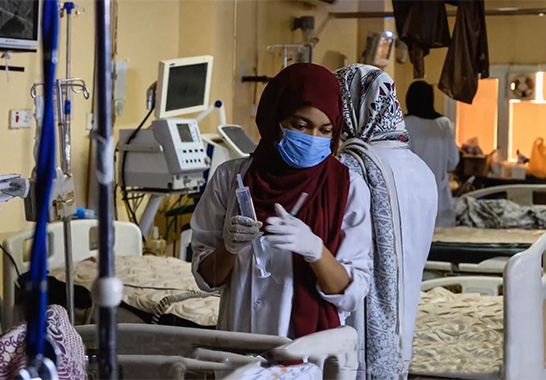
Tuberculosis (TB) kills more people worldwide than any other infectious disease. In 2021, WHO estimated that there were 86 000 deaths in the Region among TB patients who were negative for human immunodeficiency virus (HIV) (11 per 100 000 population) and 2800 deaths among HIV-positive TB patients (0.37 per 100 000 population). The Region accounts for almost 8% of all global TB cases and experienced a marked drop in the number of people diagnosed with TB between 2019 and 2020 as an impact of COVID-related disruptions on essential TB services. This was followed by an almost complete recovery in 2021, and a total 498 000 people were diagnosed with TB and treated.
Despite progress made and the actions taken by Member States in the Region, we are still short of reaching the End TB Strategy goals and targets, and various challenges persist that need to be addressed within the regional TB response. Most importantly, in the Eastern Mediterranean Region, less than 50% of the estimated national funding needs are covered by domestic resources, and only about 60% of the estimated number of TB patients were diagnosed and treated in 2021.
To end TB in our Region, we need to:
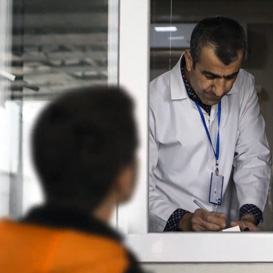
Strengthen partnerships and collaboration to maximize the beneficial impact of TB prevention and care efforts
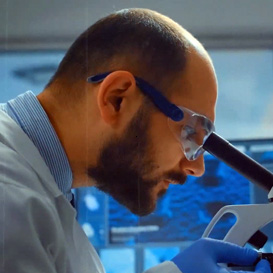
Boost TB research and innovation to address challenges in TB prevention and care.
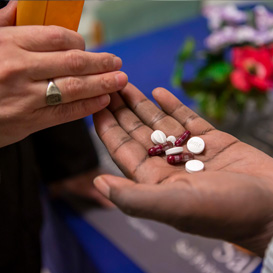
Increase investment, in view of prevailing resource limitations. This to increase access to new TB diagnosis, treatments and TB preventive treatment.
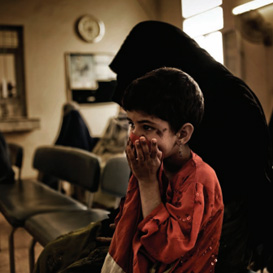
Enhance multisectoral collaboration to strengthen responses to end the TB epidemic through mobilizing resources, ensuring social protection of people with TB, and addressing the social determinants of TB.
Key messages
- Commit to reaching End TB Strategy goals and targets.
- Political commitment to ending TB should be translated into investment in greater resources.
- Make greater and smarter investments in TB.
- Strengthen multisectoral collaboration and address the social determinants of TB, including poverty and undernutrition.
- Boost TB research and innovation and increase high-level commitment to invest in TB research to achieve End TB strategy targets.
- Tuberculosis is preventable and curable and TB services are free of charge.
- Timely diagnosis and treatment of TB saves lives.
- Rapid diagnosis of tuberculosis is available and recommended.
- Preventive treatment can stop progression to TB disease.
- Drug-resistant TB treatment is now of shorter duration and uses oral agents.
- Use new diagnostics and improve access to TB prevention, diagnostic and treatment services.
- Scale up diagnosis with testing for presumptive TB patients: invest in providing access to WHO recommended diagnostics.
- TB treatment coverage is currently about 60% in the Region, and less than 15% of people eligible for TB preventive treatment receive it.
- Progress in providing TB preventive treatment is falling short, only 10% of people living with HIV and 25% of all children under 5 eligible receive it: TB preventive treatment can reduce rates of progression from infection to active TB disease.
- Greater investment is needed to end TB and save lives.
Campaign materials
Regional Director's message
Today is World Tuberculosis Day – a time to reflect on what we can do to end tuberculosis (TB), which kills more people worldwide than any other infectious disease. In 2020 and 2021, more than 85 000 people died from TB in the Eastern Mediterranean Region. But the effects of TB are not limited to health; its impact on societies and economies is devastating.
Today, I have a concern that we are falling behind on our targets. Our regional goal was to cut the incidence of TB by 20% between 2015 and 2020, but we barely reached 5%. Our goal was also to reduce TB-related deaths by 35% between 2015 and 2020, but we only reduced deaths by 6%. So I call for action!








